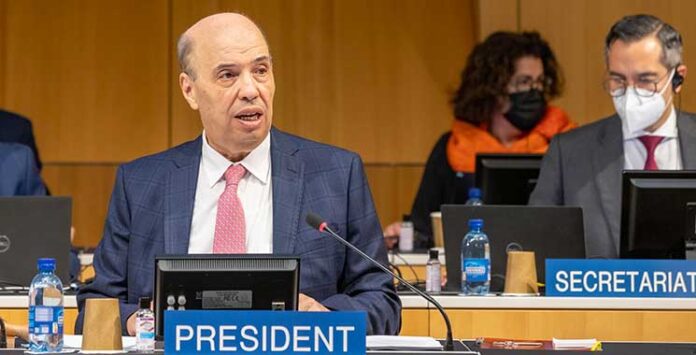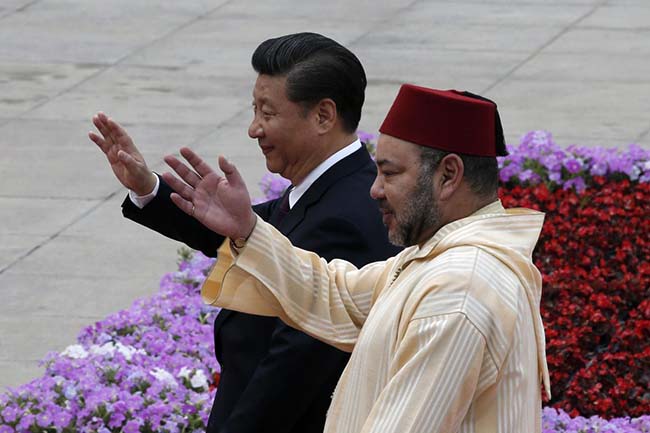The 57th session of the UN Human Rights Council continues its proceedings in Geneva, chaired by Morocco, with Omar Zniber, Morocco's Permanent Representative to the UN Office in Geneva since 2018, at the helm.
This session has been marked by a significant number of pressing human rights issues on the global agenda. Under Morocco's leadership, the Council seeks to provide ample space for the discussion of key topics, leading to a request to extend the session’s schedule until October 11 in order to accommodate all planned activities.
During the opening of this session, the President of the Human Rights Council, Omar Zniber, urged participants to adhere to the allocated time for interventions and to stick to the agenda topics, in an effort to ensure smooth proceedings. He emphasized the importance of keeping discussions focused, as some countries often use their speaking time to advance political messages outside the Council’s program and the topics scheduled for debate.
As in previous sessions, Algeria, with the support of South Africa, sought to raise the issue of the Sahara. A meeting of so-called "Friends of the Sahara" was held, where speakers discussed the "right to self-determination" for the southern territories of Morocco, presenting historical inaccuracies in line with the separatist narrative backed by Algeria.
The event, however, appeared closed off to any contributions outside its predetermined agenda, with attempts to link the Sahara issue to the Palestinian cause, a strategy Algeria frequently employs to confuse international public opinion. Nonetheless, these meetings seem to have lost the momentum they once held, with many media outlets and participants showing diminished interest in Algeria's separatist position. Instead, attention has increasingly shifted toward Morocco’s significant economic transformation and infrastructure projects, particularly in the Sahara region.
Projects such as the Dakhla Port, the desalination plant, and the Nigeria-Morocco gas pipeline—set to pass through 11 African countries—have drawn substantial interest. Furthermore, King Mohammed VI's initiative for the Sahel and Sahara countries has garnered notable attention, particularly among African participants.
Morocco’s presidency of the Human Rights Council, which extends until 2025, has been met with widespread respect among Council members. The Kingdom’s progress in various human rights areas, including the Family Code and social rights reforms, has been highlighted.
On the sidelines of official meetings, many participants praised the recent royal pardon granted to jailed journalists, viewing it as a major step toward reinforcing human rights and freedom of expression, underlining the commitment of King Mohammed VI to these values.






